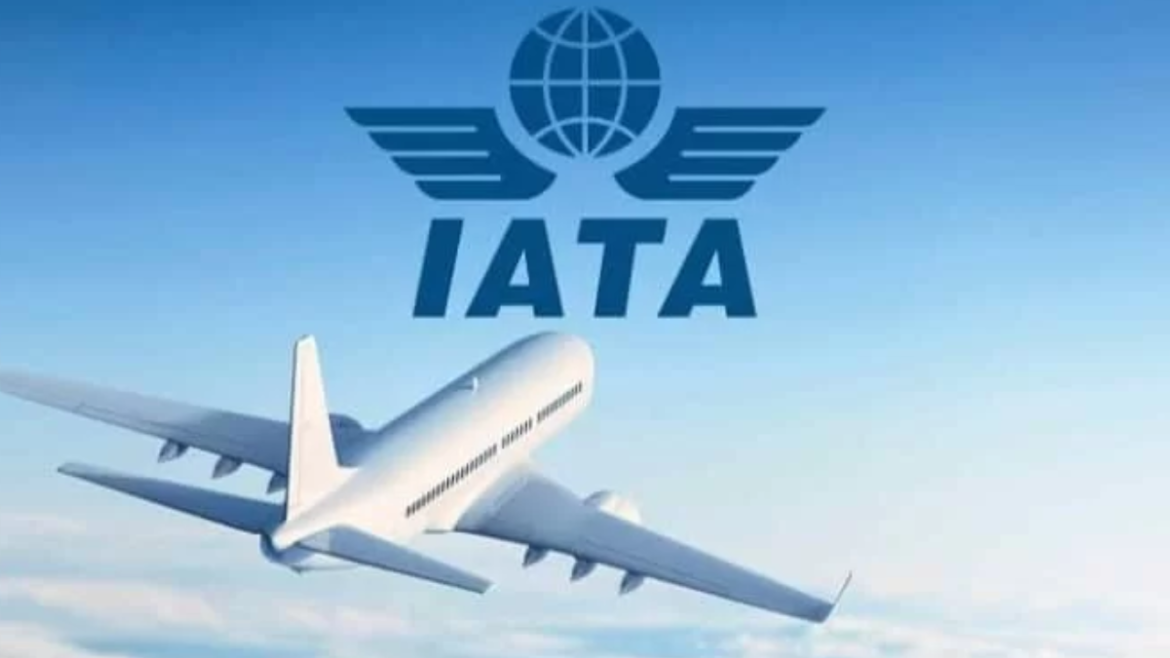International airlines are considering resuming operations in Nigeria after the government released a large portion of funds that were previously stuck in the country due to foreign exchange limitations. This action is viewed as a crucial measure to rebuild trust among foreign carriers and enhance Nigeria’s connectivity to worldwide locations.
The Central Bank of Nigeria (CBN) announced that it had released $600 million of the over $1 billion owed to foreign airlines. This development comes after months of negotiations and pressure from international carriers, who had been unable to repatriate their earnings due to foreign exchange shortages. The release of these funds is part of the government’s broader effort to stabilize the foreign exchange market and attract foreign investment.
“The release of trapped funds is a positive signal to the international aviation community,” said Hadi Sirika, Minister of Aviation. “We are committed to ensuring that foreign airlines can operate smoothly in Nigeria and repatriate their earnings without hindrance. This step is essential for maintaining strong international connections and supporting the aviation sector’s recovery.”
The issue of trapped funds had led to disruptions in flight operations and reductions in service by some foreign airlines. Carriers such as Emirates, British Airways, and Lufthansa had either scaled back their operations or threatened to suspend flights to Nigeria entirely. The inability to repatriate earnings had made it difficult for these airlines to manage their cash flows and operations effectively.
In response to the release of funds, several foreign airlines have expressed optimism about resuming and expanding their services to Nigeria. “We welcome this development and are evaluating the possibility of increasing our flight frequencies to Nigeria,” said a spokesperson for British Airways. “Ensuring the repatriation of our earnings is crucial for sustainable operations and continued service to Nigerian passengers.”
Industry analysts believe that the release of funds will help restore Nigeria’s reputation as a reliable partner for international aviation. “This move by the Nigerian government is a significant step towards rebuilding trust with foreign airlines,” said John Ojikutu, an aviation expert. “It demonstrates a commitment to resolving long-standing issues and creating a more stable operating environment for international carriers.”
The release of trapped funds is also expected to have positive ripple effects on Nigeria’s broader economy. Improved connectivity with global destinations can enhance trade, tourism, and investment, contributing to economic growth. “The aviation sector plays a vital role in connecting Nigeria to the world,” noted Muda Yusuf, CEO of the Centre for the Promotion of Private Enterprise. “By addressing the issue of trapped funds, the government is supporting economic recovery and development.”
As foreign airlines consider their return to Nigeria, the government has pledged to continue addressing the challenges facing the aviation sector. This includes ongoing efforts to stabilize the foreign exchange market and implement policies that support the growth and sustainability of the industry.
The release of trapped funds marks a turning point for Nigeria’s aviation sector, with the potential to restore confidence and foster stronger international ties. As negotiations continue and airlines reassess their operations, the focus will be on ensuring a conducive environment for both foreign and domestic carriers, ultimately benefiting passengers and the broader economy.
